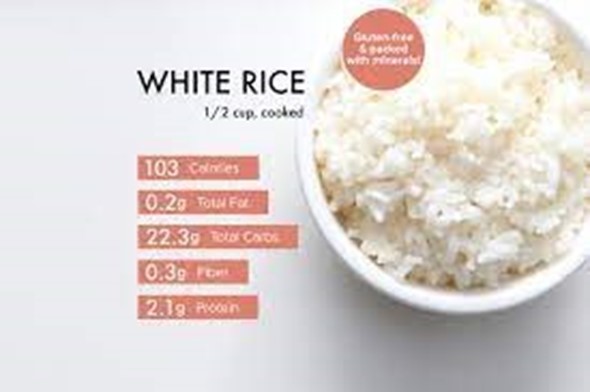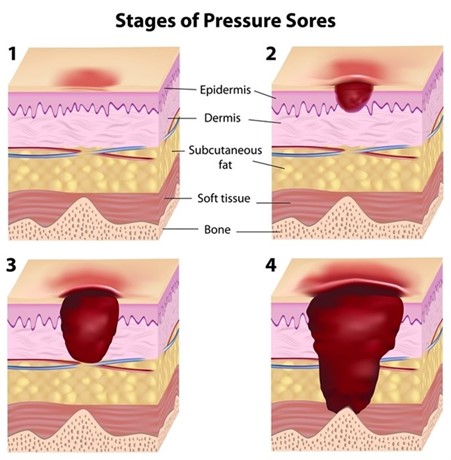A nurse is planning care for a client who has upper gastrointestinal bleeding due to a peptic ulcer.
Which of the following actions should the nurse plan to take?
Ensure that the client has a 22-gauge IV line in place.
Provide ketorolac for abdominal pain.
Administer nitroprusside IV based on the client's weight.
Insert a large-bore nasogastric tube.
The Correct Answer is D
The nurse should plan to insert a large-bore nasogastric tube for a client who has upper gastrointestinal bleeding due to a peptic ulcer.

This allows for gastric lavage and can help diagnose the source of bleeding.
Choice A is wrong because a 22-gauge IV line may be too small for rapid fluid resuscitation.
Choice B is wrong because ketorolac is a nonsteroidal anti-inflammatory drug (NSAID) that can increase the risk of gastrointestinal bleeding.
Choice C is wrong because nitroprusside is a vasodilator used to treat hypertensive emergencies and is not typically used for upper gastrointestinal bleeding.
Nursing Test Bank
Naxlex Comprehensive Predictor Exams
Related Questions
Correct Answer is D
Explanation

White rice is a low-potassium food that can be recommended for a client who has chronic kidney disease and must limit potassium intake.
Nonfat yogurt (choice A) contains moderate amounts of potassium and may not be the best choice for someone who needs to limit their potassium intake.
A medium baked potato with skin (choice B) is high in potassium and should be limited to a low-potassium diet.
Peanut butter (choice C) also contains moderate amounts of potassium and may not be the best choice for someone who needs to limit their potassium intake.
Correct Answer is A
Explanation

Granulation tissue is new connective tissue and tiny blood vessels that form on the surfaces of a wound during the healing process.
The presence of dark red granulation tissue is a sign that the wound is healing.
B.Light yellow exudate: Light yellow exudate may indicate the presence of infection and is not a sign of healing.
C. Dry brown eschar: Dry brown eschar is dead tissue that needs to be removed for the wound to heal properly.
D.Wound tissue firm to palpation: Wound tissue firm to palpation is not a specific sign of healing.
Whether you are a student looking to ace your exams or a practicing nurse seeking to enhance your expertise , our nursing education contents will empower you with the confidence and competence to make a difference in the lives of patients and become a respected leader in the healthcare field.
Visit Naxlex, invest in your future and unlock endless possibilities with our unparalleled nursing education contents today
Report Wrong Answer on the Current Question
Do you disagree with the answer? If yes, what is your expected answer? Explain.
Kindly be descriptive with the issue you are facing.
